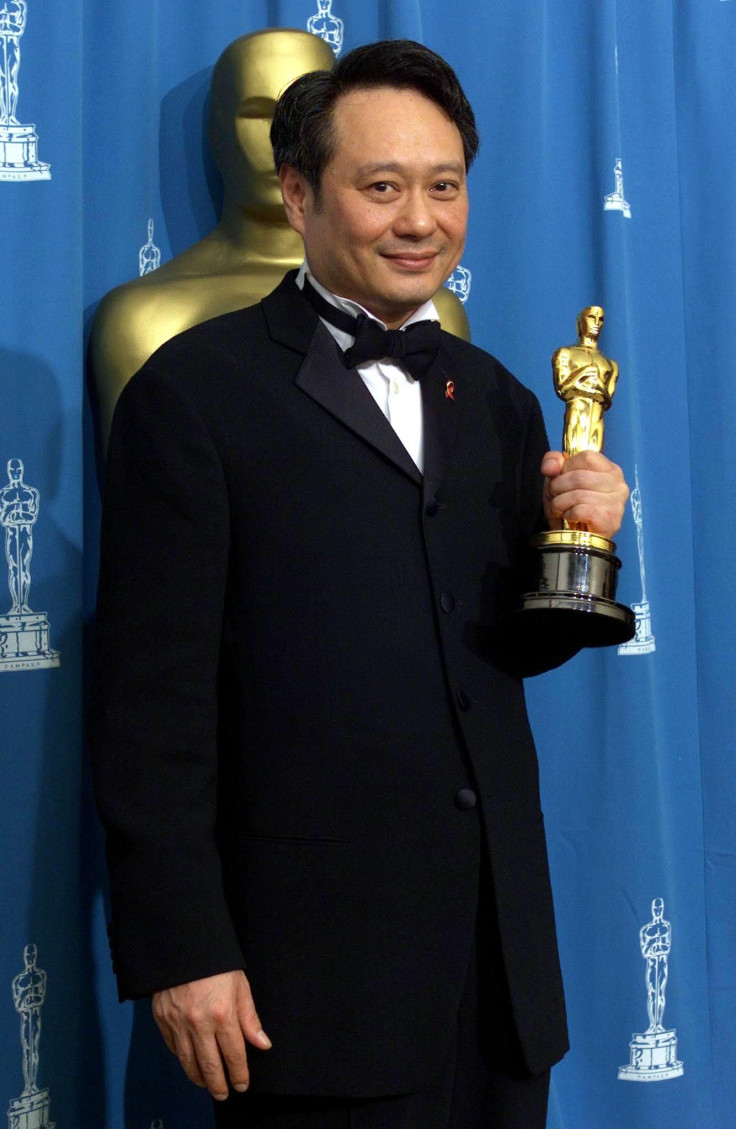Oscars 2016: China Wants To Top The Box Office, But Oscar Nominations, Not So Much

LOS ANGELES — Chinese film kingpins want to make English-language movies that promote Chinese values worldwide. But impressing the Academy of Motion Picture Arts and Sciences apparently isn’t one of its goals.
Martial arts epic “Crouching Tiger, Hidden Dragon” won four Academy Awards in 2001, and was nominated for six more, including Best Picture. And as China is on track to become the world’s largest box-office market as soon as next year, it’s natural to expect the Chinese wave cresting over Hollywood to hit the Oscars sooner rather than later.
But repeating “Crouching Tiger’s” red-carpet success isn’t the blueprint Chinese studios and producers are following. Instead, they’re focused on English-language co-productions like animated comedy “Kung Fu Panda 3” and the recently pushed back to next year action-adventure “The Great Wall,” neither of which was made with the academy in mind.
Oscar nominees tend to be overrepresented by American or European historical dramas, which have little resonance in China, and movies that touch on contemporary political and social issues, which Chinese film censors have shown almost no interest in letting through. Also, movies with sexual themes, such as Oscar winner “Brokeback Mountain,” are generally a no-go in China, and not something its filmmakers would want to emulate.
And if that means Chinese-produced or co-produced movies walk away without many gold trophies, it may not matter much as long as they’re reeling in real gold at the ticket counter. With $128 million in receipts, “Crouching Tiger” is easily the highest-grossing foreign-language film of all time in the U.S. — by a cool $70 million. That reception from the masses seems to matter more to Chinese studios and production companies than the validation of academy voters, who have their own well-documented issues with recognizing films outside of their comfort zone.
Sky Moore, a partner at Stroock & Stroock & Lavan and the lead attorney on a three-year, $375 million co-production deal between “Hunger Games” studio Lions Gate Entertainment Corp. and China’s Hunan TV told International Business Times the “holy grail” is to develop English-language blockbusters that can travel worldwide and use the peerless soft power of cinema to promote Chinese culture. He fully expects those films to play it extremely safe on anything controversial, which may be perfect for international mass appeal — but anathema to Oscar voters.
“They’ll certainly stay away from politics,” he said.
That’s not to say any movie with a message is a nonstarter for Chinese producers. While the superhero film “Deadpool” overshadowed everything else this past weekend, the second-biggest movie worldwide was “Mei Ren Yu (The Mermaid),” which set a first-day record when it was released Feb. 8 and has since become the biggest-ever movie in China.
“Mermaid” is about a marine-life destroying real estate developer who falls in love with a mermaid sent to kill him. It has an unapologetic pro-environment message, which would probably be controversial in parts of the United States, but not to the Chinese censors. But most importantly, it sells. So while “Mermaid” might not get any Oscar love, that’s not what its producers care about. The movie opened Friday in the U.S. at 35 theaters and brought in $1 million, a sizable $29,000-per-theater average. To Chinese producers, that’s a brighter sign than a gold statuette.
© Copyright IBTimes 2024. All rights reserved.





















